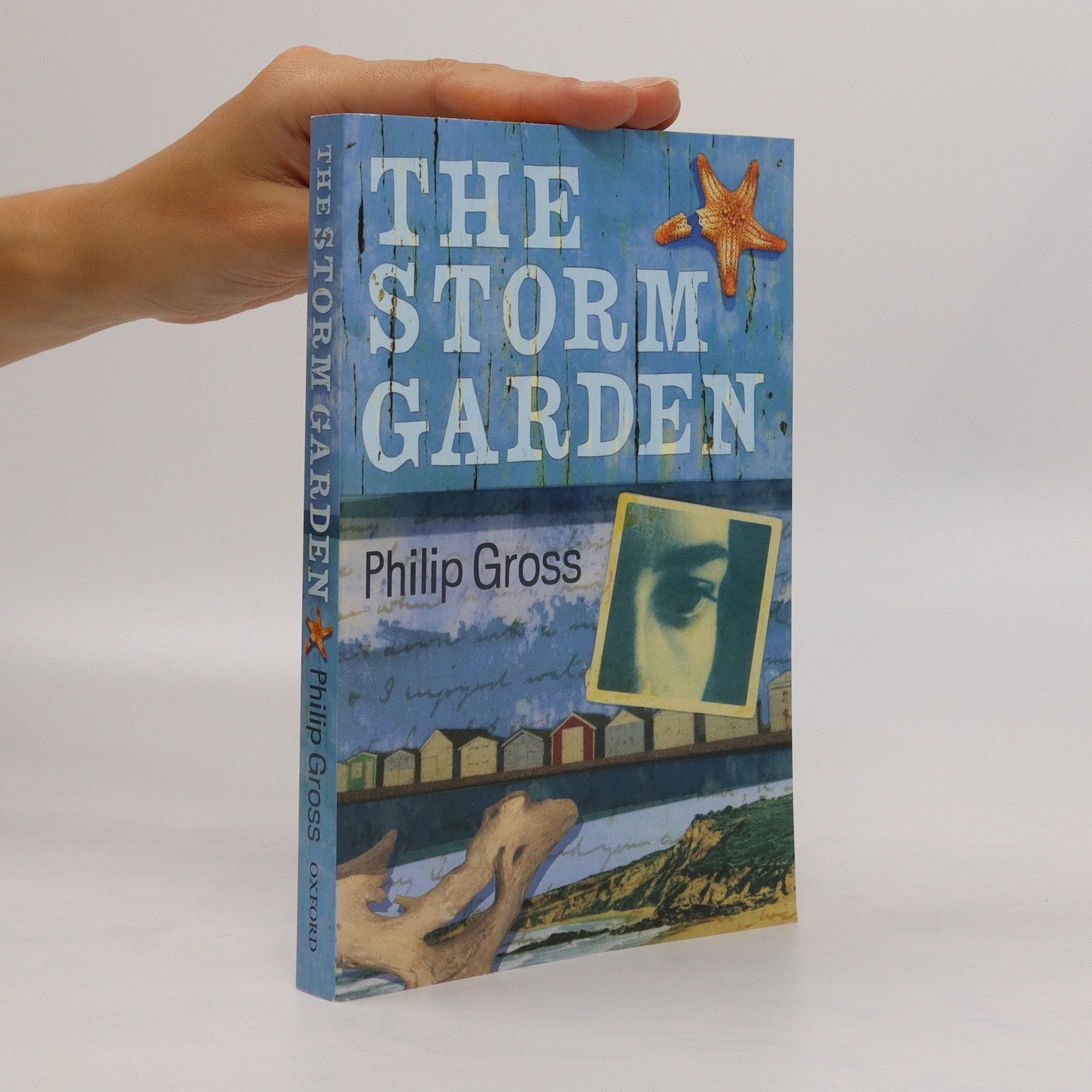The Storm Garden
- 272pages
- 10 heures de lecture
After the explosion at the shopping centre, Max is quick to confess. He did it. He planted the bomb. So when the police discover that there was no bomb-just a gas explosion-there are many questions to be asked. Who is Max and what is he trying to do?They're the questions Clio finds herself asking, too, when she starts to get to know Max. She's been asked to help get through to him-but almost before she realizes it she's been caught up in his lies. Now they're on the run together, hiding from the police-but why does Clio stay with him? She can'teven explain it to herself. And as she becomes less and less sure what is truth and what is lies, so events spiral ever closer towards a dramatic, violent end . . .

